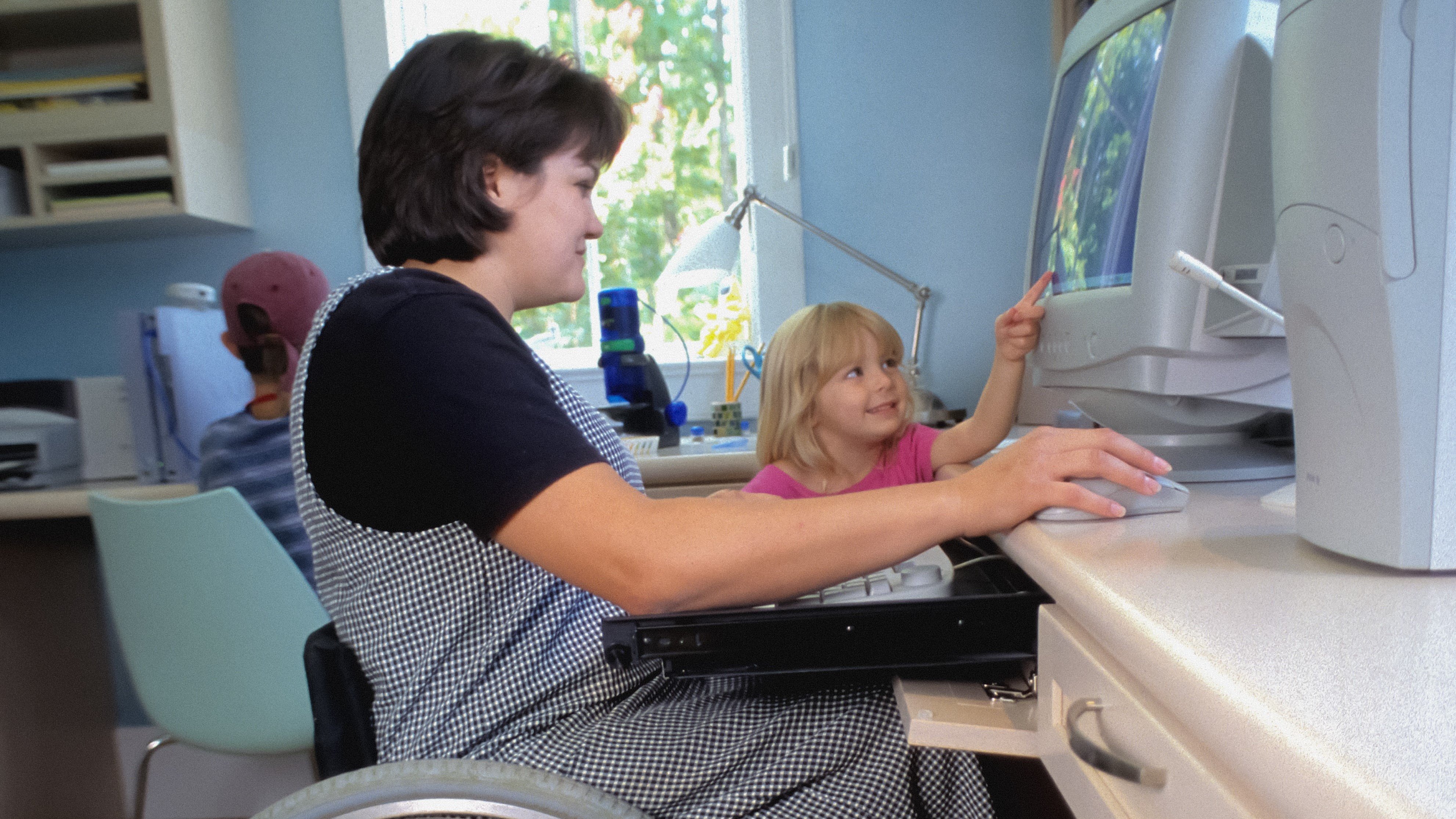
Cities Reducing Poverty members from across Canada report some of their biggest lessons are the necessity of and significant amount of time it takes to build partnerships, include everyone in identifying priorities, and engage parts of the community who haven’t been engaged yet. Halifax, Peel Region, and New Brunswick are just a few examples.
We all feel the pressure of the tension between the need to end poverty as quickly as possible and taking the time to do the work right. We want to work as fast as we can so that fewer people live in poverty. However, working quickly, and doing the wrong things can be just as ineffective as not working at all. So, the work necessitates slow progress, with frequent evaluation, to ensure that we are targeting the right people, and the right problems with the right solutions.
Toronto is a recent example of this tension. Four years ago, in 2015, Toronto City Council approved a 20-year plan to reduce poverty in the city. The plan is ambitious and comprehensive, including a focus on improving housing stability, access to services, transit equity, access to affordable and healthy foods, improving the number and quality of jobs in the city, and systemic change.
In the initial four years, poverty has not been eradicated in Toronto, but significant progress has been made in awareness and understanding of poverty, and how it effects certain Torontonians - particularly youth. The city has also made several significant strides toward reducing poverty. Transit passes for children under 12 are free. A significant portion of funds are being dedicated to two new youth hubs at public libraries in the city that provides a place for youths to connect and do homework. 5,000 fee subsidies were added to the child care system, so that families can afford to send their children to daycare.
Despite successes, food bank usage rates are still increasing, and homelessness is in an urgent state.
How do we balance the need to do things fast and the need to do things right? How can we create change that fits our own communities? A lot of it is exploration – researching what tools and practices would best fit your own communities, governments, and citizens. That step can take time, but it is vital in discovering how to most effectively work in your community.
If achieving sustainable change is ultimately what we’re working toward, going slow and engaging all parties must be a key tenant of how we work. This delicate balance will look different in each community and is something that every collaborative needs to perfect in their own time.
What have the conversations or debates about timeframes looked like in your community? Please share your experience in the comments section (below) on how your group has found the right balance.
Take your Learning Further:
- Learn about TO Prosperity
- Differing Opinions on the Effectiveness of Toronto's Poverty Reduction Strategy
- Toronto's Free Youth Transit Passes and New Youth Hubs in Toronto
- Lean Community Change: Strategies for Learning and Changing by Doing by Galen MacLusky
- Evaluating Community Efforts: A Vivo Story by Heather Keam
- Authentic Engagement: A Learning Journey by Natasha Pei
- Strategy Renewal in Peel Region by Natasha Pei
- Shifting from Needs to Assets in New Brunswick by Natasha Pei





